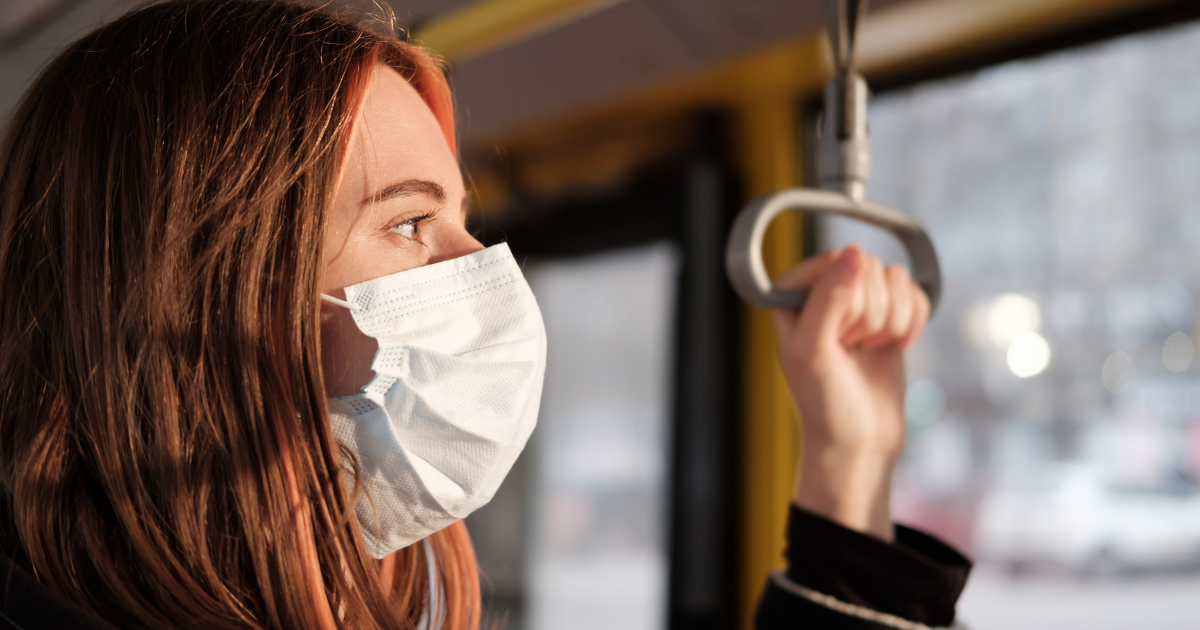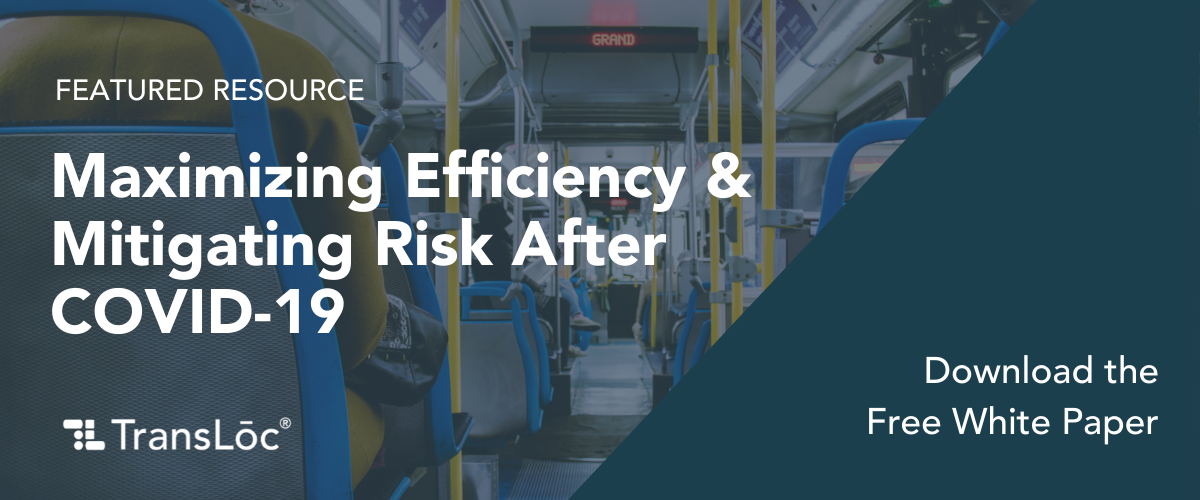
As we continue to heal from the pandemic, public transit agencies find themselves at the intersection of efficiency and risk mitigation.
A great transit system is a reliable one. When COVID-19 swept across the country, transit systems had to operate in a new landscape plagued with fear and uncertainty.
These reliable services were now in disarray.
In an abrupt shift, transit agencies were forced to adapt to new public health guidelines that mandated extra space between riders, resulting in reduced capacity and fare revenue.
Meanwhile, the closure of schools and businesses meant shifting transit services away from pre-pandemic ridership to accommodate new travel schedules.
Doing this was no small feat—and transit agencies looked to leverage reliable partnerships in order to accomplish such a monumental task.
Two premier research and science institutions, Emory University and the University of Texas Southwestern Medical Center, partnered with TransLoc to implement data-driven and economical transit solutions.
“Reliable transit is a key part of an effective medical center,” said Kerry Bryant, transportation supervisor for the University of Texas Southwestern Medical Center. “For our doctors and nurses to quickly get where they needed to go during COVID-19, we needed a better, more flexible system.”
Discover how real-time data analysis, reimagined fixed-route and on-demand services, and flexible transit app technology empowered these institutions to safely and efficiently keep their communities mobile during a global pandemic.
